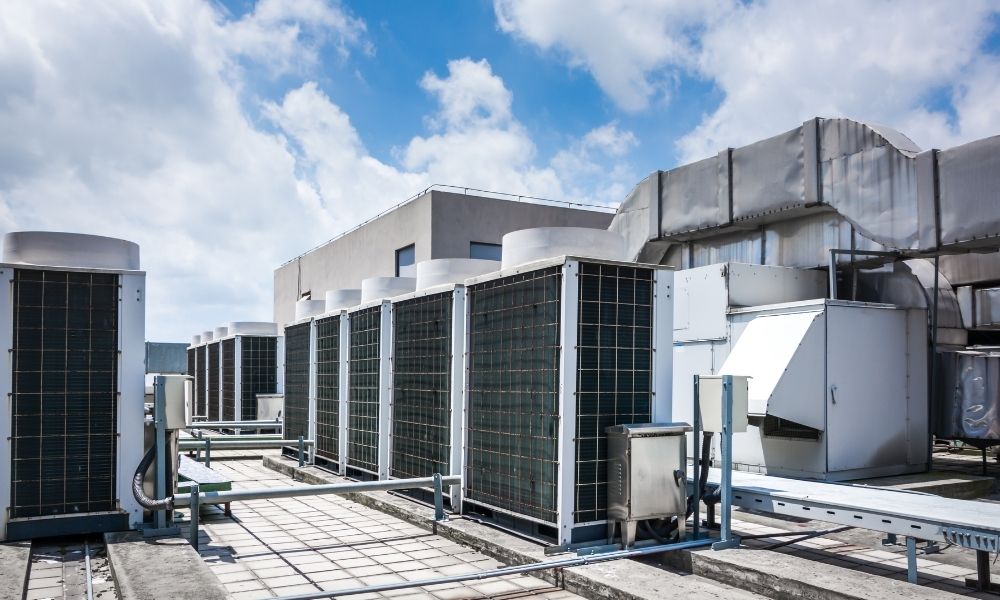A. The Role of HVAC Systems
HVAC (Heating, Ventilation, and Air Conditioning) systems play a pivotal role in creating a comfortable and healthy indoor environment. They regulate temperature, humidity, and air quality to ensure the well-being of occupants to get carpet cleaning denver.
B. The Importance of Proper Maintenance
Maintaining HVAC systems is crucial for their effectiveness, efficiency, and longevity. Neglecting maintenance can lead to a range of issues, from poor air quality to costly repairs.
II. Components of HVAC Systems
A. Heating Systems
- Furnaces
Furnaces are common heating components in HVAC systems. They use various energy sources, such as natural gas, electricity, or oil, to heat air and distribute it throughout a building.
- Heat Pumps
Heat pumps are versatile heating and cooling systems that transfer heat between indoor and outdoor environments, providing both warmth in winter and cooling in summer.
B. Ventilation Systems
- Air Ducts
Air ducts are the pathways that distribute conditioned air throughout a building. Properly designed and maintained ductwork is essential for efficient HVAC operation.
- Filters
Air filters remove particulates and contaminants from the air, improving indoor air quality. Regular filter replacement is vital to prevent clogs and maintain airflow.
C. Cooling Systems
- Air Conditioners
Air conditioners are essential for cooling indoor spaces during hot weather. They remove heat from the indoor air and release it outside.
- Evaporative Coolers
Evaporative coolers, also known as swamp coolers, use the natural cooling effect of evaporation to lower indoor temperatures. They are an energy-efficient cooling option in dry climates.
III. Common Issues with HVAC Systems
A. Poor Air Quality
- Indoor Air Pollution
HVAC systems can recirculate indoor air, potentially spreading pollutants. Proper ventilation and filtration are essential for reducing indoor air pollution.
- Allergens and Irritants
Inefficient filtration can allow allergens and irritants to remain in the air, causing discomfort and health issues for occupants.
B. Inefficiency and Energy Consumption
- Energy-Efficient Upgrades
Upgrading to energy-efficient HVAC systems can significantly reduce energy consumption and utility bills while maintaining comfort levels.
- Regular Maintenance
Regular maintenance, such as cleaning coils and lubricating moving parts, ensures that HVAC systems operate at their peak efficiency.
C. System Breakdowns and Repairs
- Signs of System Failure
Recognizing signs of HVAC system failure, such as unusual noises or uneven heating/cooling, is essential to prevent major breakdowns.
- Importance of Professional Repairs
Professional HVAC technicians have the expertise and tools to diagnose and repair complex issues, preventing further damage and ensuring system longevity.
IV. HVAC Maintenance Tips
A. Regular Cleaning and Filter Replacement
- Impact on Air Quality
Regularly cleaning air ducts and replacing filters can significantly improve indoor air quality by removing dust, allergens, and contaminants.
- Improved System Efficiency
Clean systems operate more efficiently, reducing energy consumption and extending the life of HVAC components.
B. Professional HVAC Inspections
- Preventative Measures
Scheduling regular professional inspections allows technicians to identify and address potential issues before they lead to costly repairs.
- Addressing Potential Issues
HVAC professionals can detect hidden problems, such as refrigerant leaks or faulty components, and perform necessary repairs or replacements.
C. Upgrading to Energy-Efficient Systems
- Long-Term Savings
Investing in energy-efficient HVAC systems can lead to substantial long-term savings on energy bills and reduce environmental impact.
- Environmental Benefits
Energy-efficient systems help reduce greenhouse gas emissions and decrease overall energy demand, contributing to a greener future.
V. Conclusion
In conclusion, HVAC systems are vital for creating a comfortable and healthy indoor environment. Proper maintenance, including regular cleaning, professional inspections, and energy-efficient upgrades, is key to ensuring the effectiveness and longevity of these systems. By prioritizing HVAC maintenance, occupants can enjoy improved air quality, lower energy bills, and a more sustainable future.

Leave a Reply